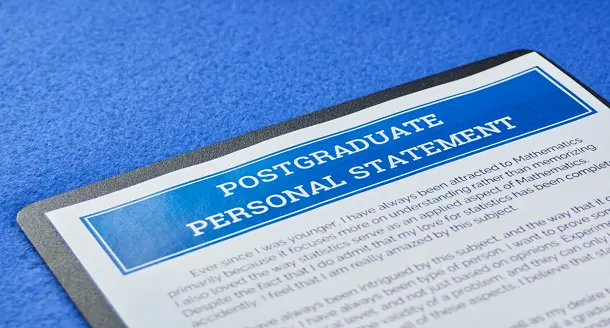
To write a successful personal statement, first, determine the purpose of the information. It should not be a long resume. Instead, it should tell a story. Write in the active voice – the author is the action, not a passive observer. Use powerful verbs to capture the reader’s imagination. Avoid generic verbs, as they don’t leave a strong impression.
Why it’s important to write a good personal statement:
When writing a piece of personal information, it’s important to keep your purpose in mind and focus on the subject at hand. Rewrite your information if necessary and show it to a peer for feedback. also, It helps to ask a professional in your chosen field for feed. Personal information often follows discipline-specific conventions.
A good personal statement should be concise:
A good personal statement should be concise and organized logically. It should be tailored to the audience and should follow a clear structure that makes it easy to read. A common design is to group your statement by past, present, and future. It is not required to follow this structure, but it can be useful to help you stay focused.
Your statement should demonstrate your dedication and commitment to the degree program you are applying to. Include an anecdote or specific highlight of your passion for the subject and why you are so interested in the degree program. The personal statement should reflect your motivation to earn a degree and demonstrate your abilities. A creative and memorable story can capture the admissions committee’s attention and help them decide whether you’re a good candidate.
How to write a good personal statement:
The first step in writing a personal statement is to break it into easily digestible chunks. This way, you’ll avoid making a long, dry statement that reads like a long-form resume. Write in the active voice to emphasize your presence, and avoid using the passive voice, which makes you the passive recipient of the action. Also, use dynamic verbs to capture the reader’s attention and imagination. Generic verbs do not create a lasting impression, and aren’t recommended.
The opening sentence should be memorable, surprising, and funny. Try not to overthink it! When you start writing your statement, you may find that the perfect opening sentence will just come to you. Make sure you stay true to your voice and ideas and avoid following the advice of other students.
Guidelines:
The following are some common guidelines for personal statements: First, they should be relevant to the program. Don’t mention your high school or mention controversial subjects. Include only the relevant details about your major and school in your statement. Also, limit your information to 500 words, although some programs allow you to write up to 650 words.
Breaking down a personal statement into several key elements:
When writing your personal statement, there are several key elements that you should consider. These elements should reflect who you are, what you have accomplished, and why you are applying for the role. They also should indicate how you plan to contribute to the organization. It would help if you did not begin with a greeting or a joke.
Theme and tone:
First, you should establish your theme and tone. After selecting a theme and a style, write your first paragraph. This paragraph will set the tone for the rest of your statement. It would help if you made it a strong introduction to the story you’re about to tell.
Avoid jargon:
Next, remember to be natural. Your personal statement should be conversational, so use an informal voice. If you can, use jokes and personal experiences to make your reader feel comfortable reading it. Unlike a statement of purpose, a piece of personal information can be more informal, so use words that come naturally to you. Using high-level vocabulary may make you sound stiff and formal.
Structure of a personal statement:
While writing a personal statement, remember that it must be short and to the point. This means that you should pick and choose your topics carefully and follow a clear structure. The following information should be emphasized in your statement: a. Your educational background and achievements; b. Your personal experiences; and c. Your motivation for applying to a particular institution or course.
Structure of a personal statement:
The structure of a personal statement should be logical and straightforward while keeping in mind the requirements for the particular course or university a logical argument structure will impress admissions tutors and help to present a strong case for applying to that course. It will also help you when writing essays and taking exams.
Your statement should convey a compelling narrative. It should convey your interest in a particular subject or moment and its connection to the chosen course. The statement should also prove that you have an aptitude for original thinking and are passionate about that field.
Author Bio:
Carmen Troy is a research-based content writer. He has worked in various healthcare, technology, Education , and finance industries. He is currently working as a writer in Research Prospect, famous for dissertation writing services and Personal statement writing services. When Miguel is not writing or researching, he enjoys spending time with his family and friends. He also loves travelling and learning about new cultures.